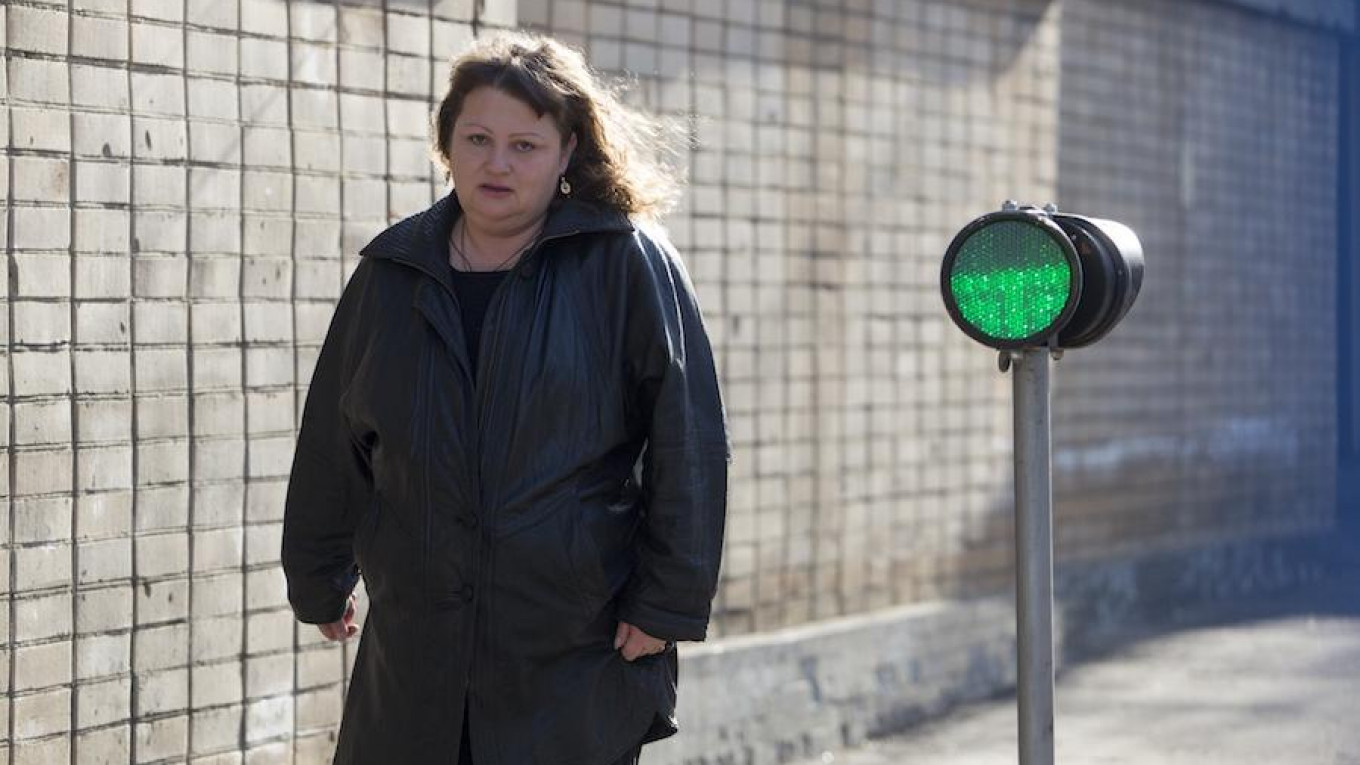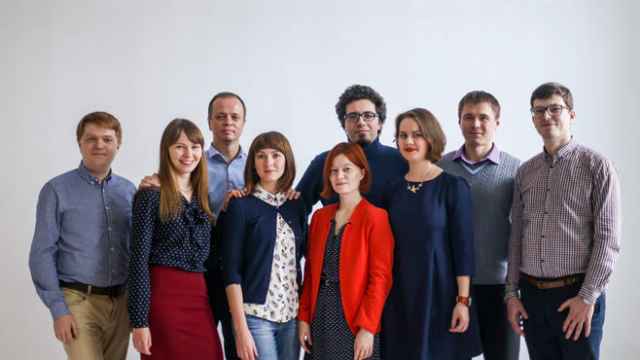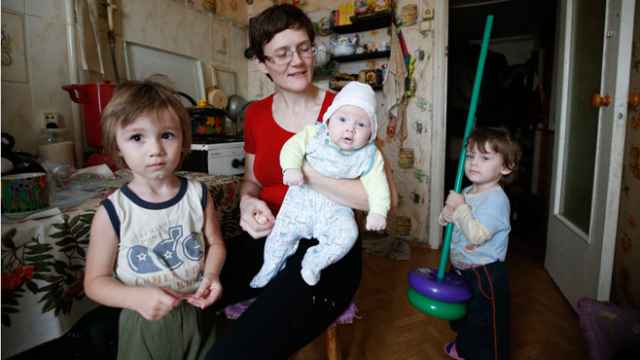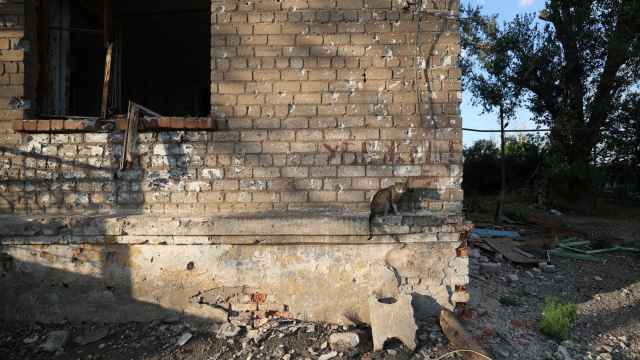Russia’s Supreme Court has upheld a verdict of high treason against Oksana Sevastidi, a Russian woman jailed for seven years after sending two text messages to a friend living in Georgia.
Sevastidi, who received a pardon from Russian President Vladimir Putin last week, saw her sentence symbolically reduced to just three years imprisonment, but was not acquitted of the crime, her lawyer Ivan Pavlov told The Moscow Times.
Sevastidi was convicted for sending two text messages to a friend from Georgia about military equipment she had seen close to the Russian city of Sochi in April 2008. The security services claimed the Georgian was a spy, and Sevastidi was convicted to seven years’ imprisonment in 2015.
Pavlov said that although the Supreme Court did not exonerate Sevastidi, the ruling in itself was remarkable.
“First, three years for the charge of high treason is an all-time record. There aren’t any precedents of courts handing down such lenient sentences. Secondly, the court more than halved Sevastidi’s sentence — from seven years to three — which is also extremely rare. And thirdly, three years for treason is four times less than the minimum sentence for this offense, which is 12 years,” the lawyer told The Moscow Times.
With Russia’s international isolation deepening after the Ukraine crisis in 2014, the country’s authorities have declared information a new type of weapon — and have begun actively persecuting those who, in the state’s opinion, use it to help foreign countries harm Russia.
According to Supreme Court data, the number of high treason cases tripled in 2014: from 4 people in 2013, to 15 people 12 months later. Conviction rates have also risen: from six convictions in 2015, to 13 in the first half of 2016.
A Message from The Moscow Times:
Dear readers,
We are facing unprecedented challenges. Russia's Prosecutor General's Office has designated The Moscow Times as an "undesirable" organization, criminalizing our work and putting our staff at risk of prosecution. This follows our earlier unjust labeling as a "foreign agent."
These actions are direct attempts to silence independent journalism in Russia. The authorities claim our work "discredits the decisions of the Russian leadership." We see things differently: we strive to provide accurate, unbiased reporting on Russia.
We, the journalists of The Moscow Times, refuse to be silenced. But to continue our work, we need your help.
Your support, no matter how small, makes a world of difference. If you can, please support us monthly starting from just $2. It's quick to set up, and every contribution makes a significant impact.
By supporting The Moscow Times, you're defending open, independent journalism in the face of repression. Thank you for standing with us.
Remind me later.







